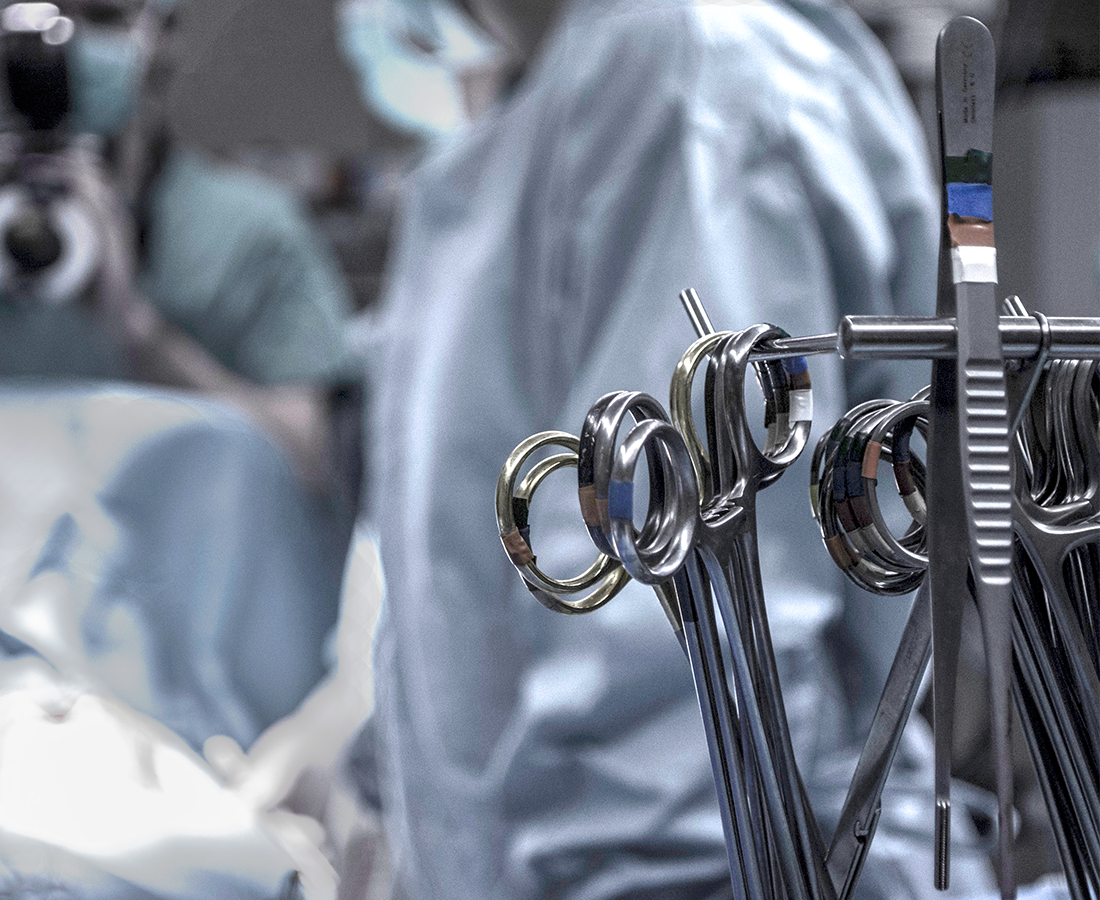HEAT TREATING SERVICES
The following heat treating services are among those provided by Nitrex HTS:
Nitreg® Potential Controlled Nitriding
Nitreg®-C Potential Controlled Nitrocarburizing & ONC® post-Nitriding/Nitrocarburizing Oxidation
TURNKEY NITRIDING SYSTEMS
Nitrex nitriding/nitrocarburizing systems and technologies deliver superior quality and performance, improving the wear and corrosion resistance of a number of steel types.
VACUUM HEAT-TREATING SYSTEMS
From vacuum-brazing to precipitation-hardening furnaces
UPC-MARATHON CONTROL UPGRADES
Ideal for new or retrofit installations, UPC-Marathon control upgrade solutions meet industry-standard requirements and provide precise and reliable process control for greater savings and improved product quality.


